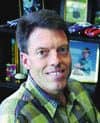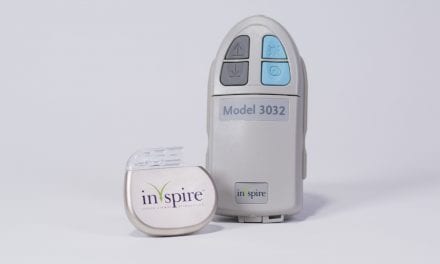Harvard Medical School Takes A Stand on Sleep

When a prestigious institute such as HMS puts this sort of attention and effort into sleep medicine, it is safe to say that sleep medicine is being recognized as one of the leading areas of health care. With an estimated 40 million Americans suffering from sleep disorders, and with sleep disorders being associated with a number of chronic illnesses, an emphasis on sleep medicine and finding ways to diagnose and treat sleep disorders will only continue to grow.
With growth comes responsibility. As the publishers of 16 magazines within the field of medical and health care, we have seen a number of industries attract the attention of Wall Street investors, government sources, and health care insurers, only to see the industry stumble and fall due to its desire to grow at any cost. It is imperative that both sleep medicine specialists and the manufacturers and providers of sleep medicine products and services conduct themselves in a professional and responsible manner so that the sleep medicine industry can continue to grow void of any misgivings about its integrity. At the present time, the sleep medicine industry has a solid reputation and is seen by many as a way to help facilitate improvements in patient care not only with sleep disorders, but also with a number of associated health problems.
Whether by certification or credentialing, sleep medicine specialists need to present themselves to the medical community as qualified health care professionals when performing sleep diagnostic studies and when prescribing sleep treatment and therapy. New product technology will continue to drive the number of patients being diagnosed both at hospital and freestanding sleep facilities, laboratories, and centers and in the home. In the mean time, advances in sleep therapy products and interface technology as well as advances in pharmacology will greatly assist with patient treatment. With a commitment by sleep medicine specialists and the providers of sleep medicine products and services to adhere to the policies and procedures that govern this growing and innovative industry, sleep medicine will continue to enjoy a rise in prominence while providing innumerable benefits to millions of Americans suffering from sleep disorders.
Getting the general patient population and traditional medicine to take sleep problems seriously should be the goal of all parties in sleep medicine. With HMS fully committed to playing a role in sleep medicine, this should definitely open the eyes of everyone involved in health care.
Tony Ramos, Publisher
[email protected]





